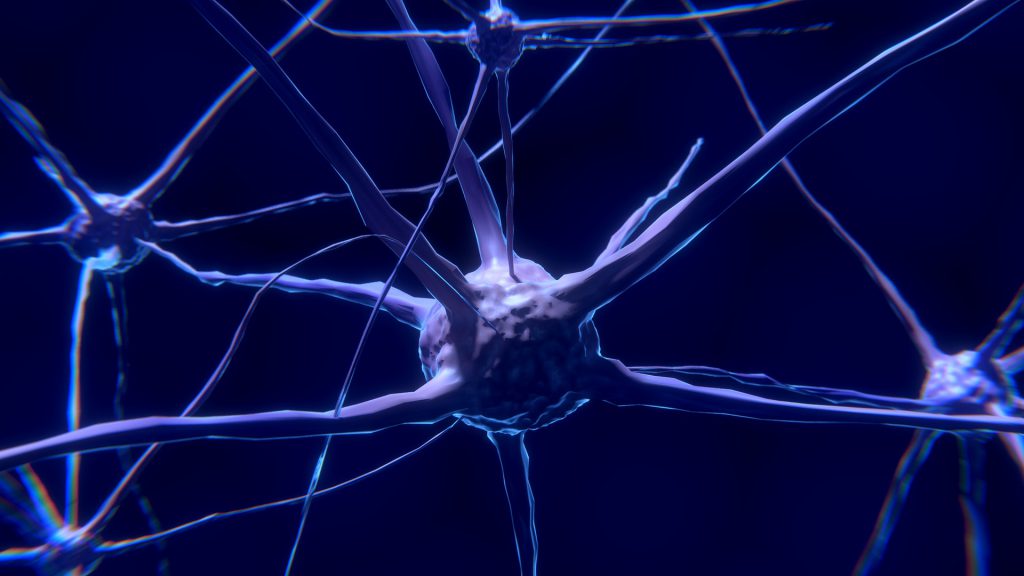What is MND
Find support
I have MND
I am supporting someone
Get involved
Research
About MND Scotland
What’s new?
© MND Scotland 2024
© MND Scotland 2024

A study has found patients experience a decline in their thinking skills as well as undergoing behavioural changes – such as apathy – even at the earliest stages of the disease.
The study was funded by the American ALS Association, carried out at the University of Edinburgh, and supported by MND Scotland and a range of partners.
It’s the first study to show that changes in thinking, language and behaviour are present in the earliest stages of MND and that patients are increasingly impaired in the later stages of the disease.
By the end stage of the disease only one in five patients is free from cognitive or behaviour change.
Researchers at the University of Edinburgh say these findings shed light on how MND affects the mind, and not just the systems controlling movement.
Experts used a test developed in Edinburgh – called the Edinburgh Cognitive and Behaviour ALS Screen (ECAS) – to assess skills such as attention, decision making, social cognition and language, and memory.
Carers were also asked about patients’ behavioural symptoms, such as apathy and loss of sympathy or empathy.
Some 161 people with MND took part in the study across the UK and Ireland. Their results were compared with those of 80 people who do not have the condition.
MND patients scored lower on all of the thinking tests except visual-spatial ability, which is used for estimating the distance between objects.
Those at the more advanced stages of the disease fared worst and their carers or partners reported a greater number of behavioural symptoms.
Researchers only tested people once, and future studies will show how thinking skills and behavioural problems might decline over time in an individual.
MND, also known as Amyotrophic Lateral Sclerosis (ALS), is a progressive and terminal disease caused by loss of the nerve cells that control movement, speech and breathing.
Their findings suggest that brain function may also decline as the disease progresses.
The researchers say understanding how patients may experience changes in their brain function is an important step towards better supporting patients and their carers.
Dr Sharon Abrahams, Lead Research Professor at the University of Edinburgh’s School of Philosophy, Psychology and Language Sciences, said:
“This study could help people understand that changes in thinking skills and behaviour are a common symptom of MND, and that early screening for these changes s could help patients and carers minimise the impact of these changes by providing appropriate support and care.”
Craig Stockton, Chief Executive of MND Scotland, said:
“I welcome the findings from Dr Abraham’s study and I am pleased that MND Scotland could lend its support to the project.
“Scotland is leading the way with this type of research and the findings are having a direct impact on the care that people with MND receive. That’s why everyone diagnosed with MND in Scotland is now offered an ECAS assessment or equivalent.
“It is only through investing in research that we can further develop our understanding of MND, improve care and work towards finding a cure. To this end, MND Scotland is investing more than £3.2 million in research projects, over the next 5 years.”
The study is published in Neurology.
Sign up
for newsletter
Get the latest news and events straight to your inbox
You can help create a world without MND